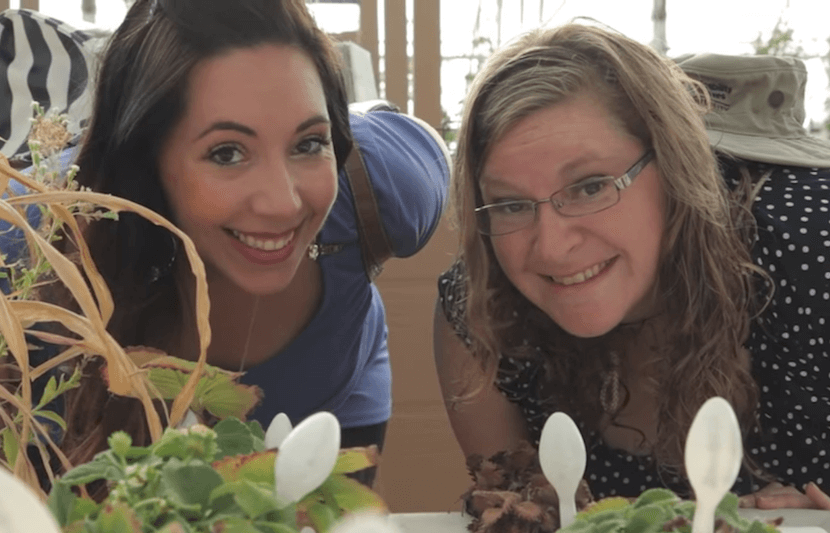Arizona State University (ASU) is rapidly gaining a reputation for its strong commitment to sustainability practices. It has won awards for various sustainability efforts three years in a row, starting in 2015 when it received two first-place Crescordia awards at the Arizona Forward Environmental Excellence Awards, which honor projects focused on improving sustainability in Arizona. Those awards were followed in 2016 by the USG NACDA Sustainability Award, which is given to top athletic departments demonstrating sustainability practices.
This year, ASU was one of the eleven winners of the 2017 Best of Green Schools award, which was given by the Center for Green Schools and the Green Schools National Network to recipients whose organized projects represented some of the most diverse and creative sustainability efforts in the country. Each year, the two organizations team up to honor achievements in environmental work with the hope of building a more eco-friendly nation and education system.
“Arizona State University continues to raise the bar in sustainability education and leadership,” said Anisa Heming, director of the Center for Green Schools, in a statement. “We believe that every student across the country should have the opportunity to learn in and from a green school environment, and ASU is making that happen in its community every day.”
The 2017 Best of Green Schools award was presented to ASU under the category of higher education. The award highlighted ASU’s many sustainability programs for middle and high school students, such as the Poly Garden, which produces locally grown food. Each semester, the Poly Garden leases three garden plots to ASU Preparatory Academy, a K-12 charter school, so its middle and high school students can learn to cultivate the garden. Some of the garden’s produce is donated to a local food bank.
“When students engage with the entire process of gardening from soil preparation to planting seeds to harvest, it gives them a unique sense of accomplishment and a true understanding of where food really comes from,” said Susan Norton, program manager for University Sustainability Practices and Poly Garden manager, in a statement. “It generates firsthand respect for our entire food system.”
The award also highlighted the university’s two sustainability education programs aimed at K-12 teachers: the Sustainability Science Education program and the Sustainability Teacher’s Academy.
The Sustainability Science Education program is based in Arizona State University’s Biodesign Institute. The program, which launched in 2011, was based on the theory that “in order to achieve a sustainable future, educators must systematically teach sustainability topics, problems, solutions, and divergent thinking in their classrooms at the elementary and middle school levels.” The project provides “constructive style teaching methods” and other technology resources to encompass the desired goal.
The Sustainability Teacher’s Academy works to equip teachers with a curriculum, designed by a select group of sustainability researchers, to provide educators with first-hand assistance and knowledge in sustainability and environmental issues. The program’s core goal is to create conversation with young people about the growing issue of sustainability and to encourage involvement in their communities and schools.
Caysy Solis, a recent graduate of Arizona State University and downtown campus resident, believes that attending a school that places an emphasis on solving sustainability-related issues, is very important. “I did not know about ASU’s sustainability efforts when I first chose to attend the university,” she said. “However, when I got there and learned about their efforts, I appreciated it. Their work allows students to reflect on how wasteful they can be, and how they could preserve resources. And it definitely makes an impact,” Solis added.
Education is key to sustainability, and ASU is certainly doing its part to ensure that its students and community learn to reduce their carbon footprint. “With a collaborative effort we can reach so many more students and in turn see meaningful behavior change,” said Norton.



